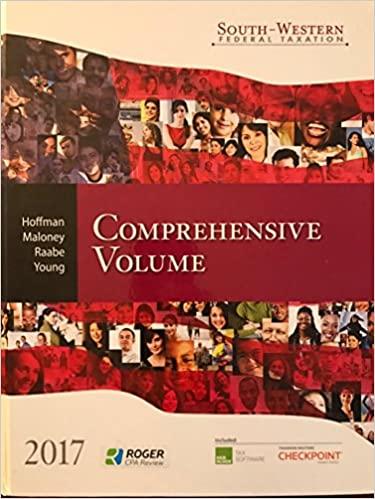Question
Direction: Put the case for or against your view or idea by giving evidence for your claims/reasons for or against; attempt to influence the reader
Direction: Put the case for or against your view or idea by giving evidence for your claims/reasons for or against; attempt to influence the reader to accept your view
ORGAN TRAFFICKING AND HUMAN NEEDS
The many developments in the past few decades in both the life sciences and in biotechnology have given rise to the recognition of a host of ethical issues that are concerned with the physical survival and welfare of living creatures including of course human beings. These ethical discussions have been gathered under the name of bioethics, a rapidly emerging field of applied ethics. Both medical ethics and animal ethics can actually be classified as subfields within the larger sphere of bioethics, while environmental ethics can have a lot of concerns that are tied up with bioethics given that animal ethics, in the form of the topic of animal rights, has already been covered in Chapter II and environmental ethics treated earlier in this chapter, let us now concentrate on medical ethics. This field focuses on moral issues in medical practice and research. One such issue that has given rise to much debate is the phenomenon of organ trafficiking which is defined as the trade in human organs (whether from living or nonliving people) for the purpose of transplantation. The trade can happen through the sale of organs or through any other means including coercive force.
In 2009, the Philippine government halted a planned kidney transplant from a Filipina wife to her Saudi Arabian husband. It was discovered that the couple had only been married for a short time and that the man did not know how to speak in English or Filipino while the wife could not speak Arabic- a situation that raised a lot of suspicion on the part of the authorities. The government allegation was the planned transplant was not really an organ donation, which Philippine law allows, but was , in actuality, a case of an organ sale, which tantamount to organ trafficking prohibited by law. One possible reason for the woman consent to this alleged deal is the widespread poverty among Filipinos. Although organ trafficking is patently illegal in the Philippines and in many other nations, it continues to be a tempting possibility, especially for impoverished individuals, to earn some much needed cash. Most people are born with two kidneys and an individual can live on a single kidney. Supposing that the transplant will be done under strict medical supervision that there is shortage or available kidney donors and setting aside the clear illegal status of organ trafficking, is it really wrong for a person in great financial need to sell one of her kidneys to someone who requires a transplant to survive and who is willing and able to offer a generous amount of cash.
I. This chapter identified and explained the steps in making informed decisions when confronted with moral problems. The steps can be summarized as follows:
1. Determine your involvement in the moral situation
2. Gather all the necessary facts
3. Identify the stakeholders
4. Name all the alternative choices possible and their potential effects on all stakeholders.
5. Identify the type of ethical issue at hand
6. Make your ethical conclusion or decision
Apply now all six steps to the questions, "Is selling one of my kidneys to a paying customer morally defensible? Write down your application below:
Step 1:
Step 2:
Step 3:
Step 4:
Step 5:
Step 6:
Examine your feelings or emotions regarding the issue of organ trafficking. Did you feel sympathetic to the woman who was about to sell her kidney to her Saudi Arabian husband? Or were you morally repulse by what she was planning to do? Apply Ramon C. Reyes's idea of the five cross-points the contribute to the formation of who you are in order to understand your feelings about this particular moral issue.
List below the elements that make up each of your cross points.
1. Physical Cross Points
2. Interpersonal Cross-Points
3. Social Cross Point
4.Historical Cross-Point
5. Existential Cross Point
Given the five cross points that make up who you are, can you provide an explanation below why you feel the way that you do toward the woman who was about to sell her kidney? How can you make sure that your feelings about the matter are not trapped in Kohlbergs pre-conventional stage?
1. How did I feel the woman who was about to sell her kidney and why:
2. How do I make sure my feelings are morally mature and not trapped in the preconvention stage
Step by Step Solution
There are 3 Steps involved in it
Step: 1

Get Instant Access with AI-Powered Solutions
See step-by-step solutions with expert insights and AI powered tools for academic success
Step: 2

Step: 3

Ace Your Homework with AI
Get the answers you need in no time with our AI-driven, step-by-step assistance
Get Started


